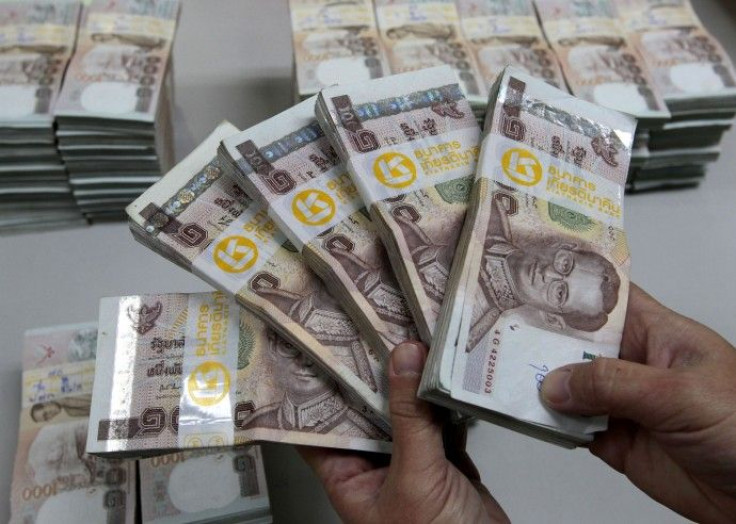East Asian bond market shows no sign of slowing down

The East Asian bond market, especially corporate bonds, continues to expand and draw strong demand from return-starved Western investors.
Total East Asia bonds denominated in local currencies was valued at $5.106 trillion at the end of third quarter 2010, up 3.03 percent from last quarter and 17.2 percent from last year, according to data from the Asian Development Bank (ADB).
This increase was driven by growth in the corporate bonds market. Total outstanding corporate bonds in local currency terms jumped 5.7 percent from last quarter and 23.8 percent from last year. Those from China and Vietnam surged 50 percent year-on-year and those from Indonesia rose 30.7 percent.
Companies are taking the opportunity to raise money in Asia's local currency bond markets because of the growing demand from investors, particularly overseas investors, said Iwan Azis of the ADB.
Foreign interest has risen, given Asia's favorable growth fundamentals, lower interest rates in mature markets, and despite administrative measures in some countries to limit capital inflows, he added.
Foreign investors have certainly piled into the local currency government bonds of Indonesia, Malaysia, and South Korea --- they account for 28 percent, 18 percent, and 8 percent, respectively, of the total holdings.
Although much attention has been given to these government bonds, there is also evidence of inflow of foreign capital into the region's corporate bond market, stated an ADB report.
The report attributed strong demand from the developed world to loose monetary policies in those countries and specifically the Federal Reserve's second round of quantitative easing (QE2).
East Asian bonds certainly do look attractive to U.S. investors.
A basket of 1-10 years U.S. governmnet bonds returned about 7.35 percent year-to-date in 2010.
Meanwhile, Southeast Asian local currency government bonds -- including the gains of their currencies' against the U.S. dollar -- performed much better. Year-to-date, the iBoxx basket of Indonesian bonds returned 26.7 percent, those of the Philippines returned 20.4 percent, and those of Thailand returned 18.1 percent.
PIMCO, which has the world's largest bond, is bullish on emerging market bonds. It recently turned bearish on U.S. Treasuries due to the bottoming of their yields and QE2, which will erode bondholder value.
Related to that bearish assessment is the expectation of U.S. deleveraging, reregulation, and deglobalization, which all lead to slow economic growth for the country.
Meanwhile, emerging market debt denominated in local currencies could offer higher returns, said Bill Gross, PIMCO's co-CIO.
Email Hao Li at hao.li@ibtimes.com
© Copyright IBTimes 2024. All rights reserved.











